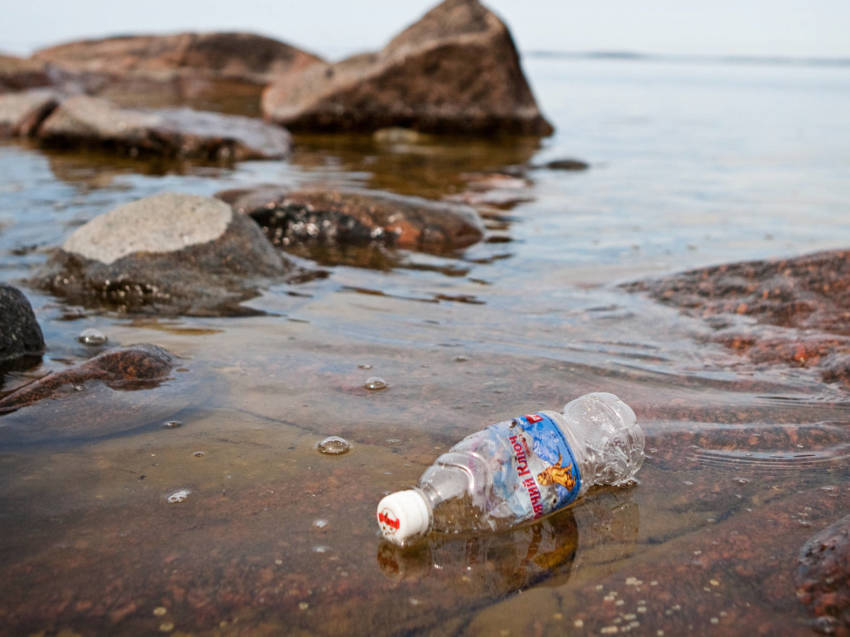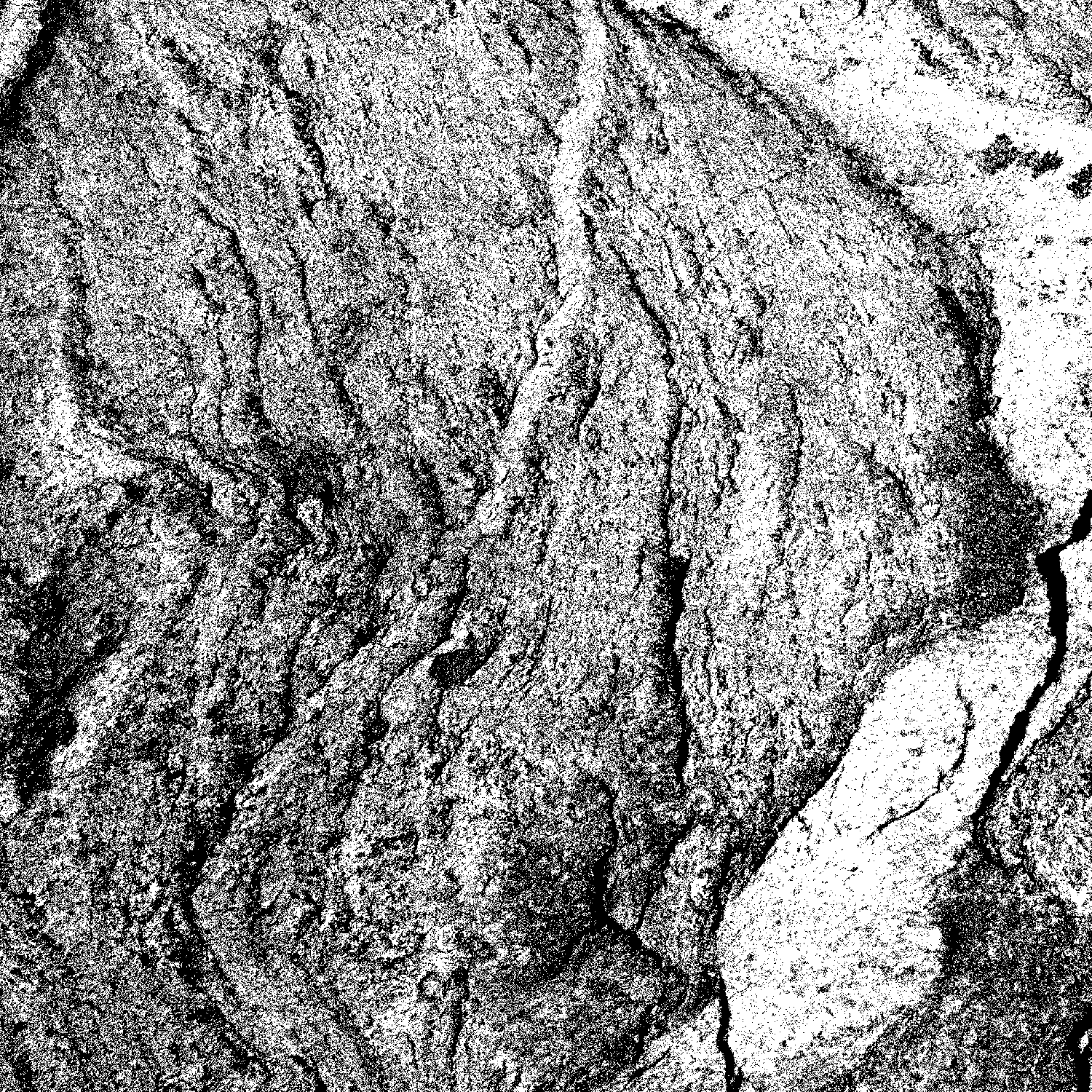Think twice & sort

Still in the 1970s, marine littering was a significant problem. People shamelessly buried their rubbish or added stones to rubbish bags and tossed them overboard into the water. Fortunately, things are better now. Waste management for boaters is quite comprehensive in many areas, and attitudes about littering have changed. Littering is also prohibited by law.
When boating, it is important to try to prevent the production of unnecessary waste. Begin the process of reducing waste already in the shops by selecting products that have a minimal amount of packaging. Pack your goods at home in durable and washable containers to avoid the transport of unnecessary waste.
Many harbours are equipped with recycling and waste disposal bins. The Roope waste recycling stations overseen by the Association generally have bins for sorting glass, metal and paper. Waste sorting is also easy at sea. In addition to a mixed waste bin, it is easy to insert recycling bins or bags, at least for recyclable glass and metal waste, underneath the boat seats or in the anchor box.
Tips for reducing onboard waste
- Use your own reusable shopping bags when boating.
- Equip your boat with durable and washable dishware. Avoid disposable dishware and containers.
- Sorting on your boat is easy and simple and requires no complicated or difficult special installations.
- If there is a compost bin in the harbour, that is the proper place to dispose of your foodstuffs.
- Acquire durable and reparable boating equipment.
Hazardous waste
Hazardous waste includes all rubbish that contains harmful substances, as even the smallest amounts of these substances might cause harm or danger to either nature or people. Hazardous waste is often the product of boat overhauls typically carried out in the spring and autumn.
Remember to keep hazardous waste separate from other waste. Store them in their original packaging without mixing them and take them to the appropriate collection or recycling station. The independent handling and disposal of hazardous waste by means of diluting, evaporating, burning or pouring down a drain or directly into a sewer system is absolutely prohibited.
Many home and guest harbours are equipped to collect hazardous waste. Under the Roope harbour programme of the KAT Association, any harbours that have been approved for the programme must be equipped for the collection of hazardous waste. Demand a proper waste management system in your own home harbour as well.
Automotive batteries, rechargeable batteries and alkaline batteries
The waste management of batteries is based on producer liability. This means that the producer is responsible for the collection, recycling, processing and other waste management procedures and related costs. All businesses that sell batteries will take them back for recycling free of charge. If a boat harbour has a collection bin for hazardous waste, batteries can also be taken there.
Make sure to recycle your boat battery as soon as possible after replacing it with a new battery. Be careful when handling used batteries; ensure that the battery fluid does not leak out, transport the battery the right way up and keep the caps closed. If the battery does leak, pack it into a plastic bag that will not leak further. The acid in battery fluid is highly corrosive. Batteries also contain lead, which contaminates any groundwater or soil it leaks into.
Batteries should never be disposed of with mixed waste, never opened or disposed of by burning. The terminals on lithium batteries (indicated by the markings Li-Ion or Li-Pol) should be taped immediately after removal. This will prevent any risks of short-circuiting and fires.
Oily waste
Waste oil, oil filters and other oily waste, such as rags and cleaning cotton are considered hazardous waste. Collect oily waste separately in a container or bin meant specifically for this purpose. Any changing of oil and oil filters should, if possible, be carried out, for example, in one’s own home harbour or other location that is equipped to collect hazardous waste. Remember that waste oil cannot be mixed with other liquids, such as solvents or anti-freeze.
Boat bilge water
Bilge water is considered hazardous waste, because it may also contain leakage from the boat engine, different types of oil and fuel. Small amounts of bilge water should be suctioned out using, for example, an oil absorbent pad or the favourite method of many boaters, a nappy. Rags, nappies and pads containing bilge water should be collected and deposited in a receptacle for hazardous waste. These items should not, under any circumstances, be thrown in with normal mixed waste.
Paint, varnish and solvent waste
The remains of paints, varnishes, solvents and other harmful substances (e.g., glue) are hazardous to the environment. An empty, well-rinsed paint can can be taken to metal recycling. Dried antifouling paints and paint dust are hazardous waste, because they contain heavy metals. Remember that solvents cannot be mixed with other solvents (even at collection sites), because they may cause a fire, and that rags and cotton that contain solvents are flammable on their own.
Distress rockets and handheld flares
Expired rockets and flares should be handed over to the seller or a police station. Occasionally, marine rescue associations and yacht clubs organize events at which expired distress rockets and flares are used for practice.
Medication
Many people carry a small medicine case in their boat. Any medications that have expired should be taken to a pharmacy for proper disposal.
Electric and electronic scrap
Most electrical devices contain hazardous elements. The waste management of electrical and electronic devices is based on producer liability, so they can be returned to the shops that sell these products. Most electrical and electronic devices that are no longer in use can also be taken to waste management centres and most recycling centres.
